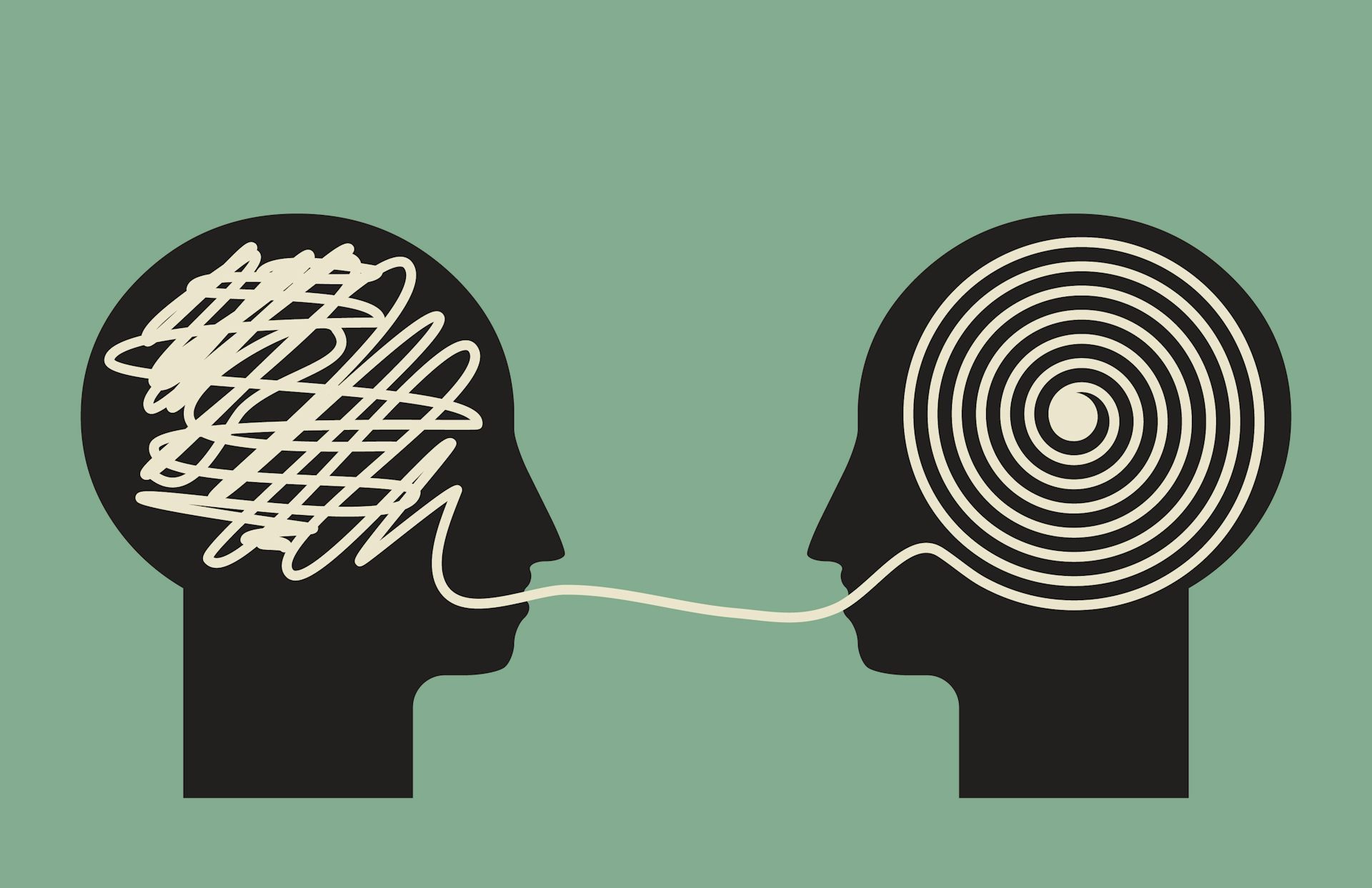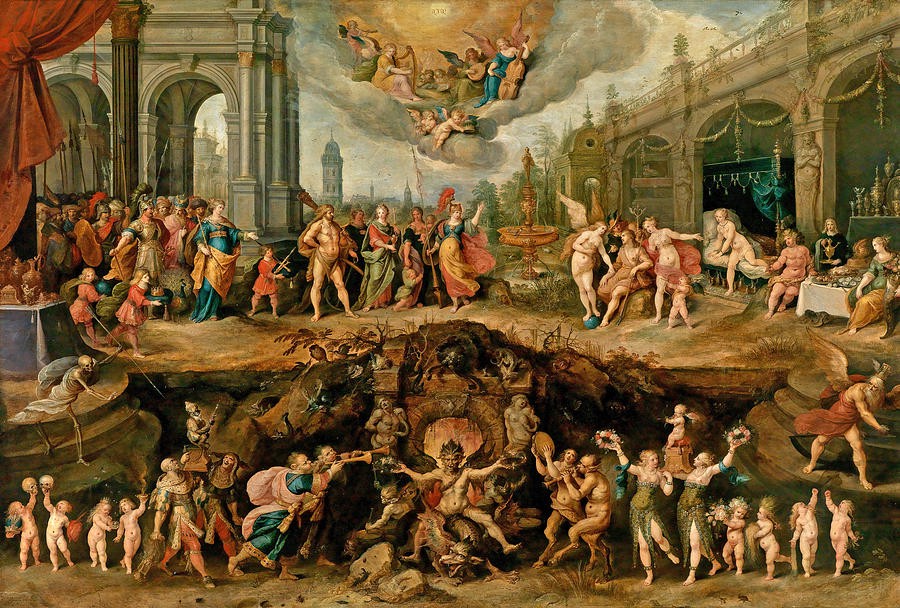Any change that takes place will require somebody to be involved to get some gain from the situation. There is no point in being part of something if you are not going to gain something from it. Two of the factors involved in this are principle and ambition.
On the one hand, you can have your principles which affect how you would think based upon some moralities and gains. So there should be a moral gain that helps the most people in most situations. What can be looked at in this situation is how can a situation help the most people. If that situation does not help a lot of people then there is a moral loss.
Time is also a factor that hasn’t been addressed here. On the one hand, we do not know what gains we will get from brexit. They are hypothetical or idealist at the moment. We know we will have to go and renegotiate on tariffs and any services and products we will need in the future. On the other hand, we can bypass this at a later stage by remaining in the EU agreement.
The problem with a crisis is, somebody will appear to get personal gain from it. We should be able to measure the principle of an individual before we can see what gain they are asking for. On the one hand, we have careers and needs and desires of ambition. What principles exist there?
If an individual doesn’t operate in trade or international business (not business, international business – two differences) how can we believe them on issues on leaving trading agreements with hundreds of millions of people and over 2 dozen countries?
Anybody can create a group and then anybody can join that group based upon the belief the group has merit, simply because a number of people agree with the group. One thing you would need to ask yourself before joining the group is, personally, why would you want to join the group. Secondly, how much will I change from joining the group. Who you are before you join the group and after joining the group will be two very diffierent people – but you will be influencing other people to change as well – influencing them in a way that could affect the lives of tens of millions upwards of hundreds of millions of people.
There has been constant talk of the majority had spoken on brexit, but they hadn’t. There have been many changes to the economy, how we work and also how we negotiate and communicate with other countries since and before the brexit vote. There has been a loss in finances and resources and our position on the global stage has changed as well. Far less people have gained from this simply because of the way the crisis is unfolding.
If this was a good idea, wouldn’t everybody be behind it? Wouldn’t those behind it be able to explain how it works to everybody’s benefit. If it is to the detriment to somebody outside and inside of the UK – isn’t that a detriment to us all?





